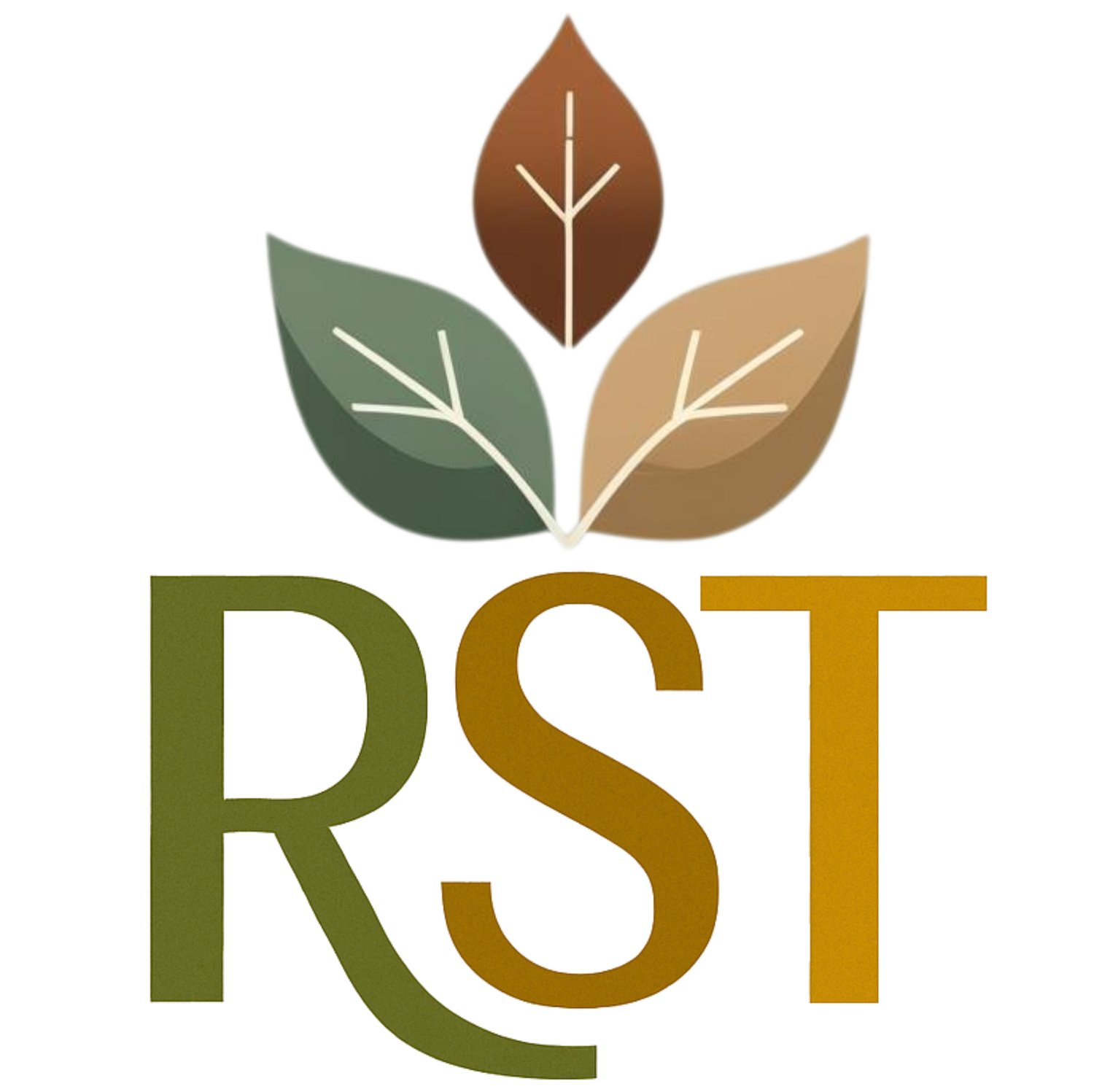Specialties
Resolve Secular Therapy specializes in identity, trauma recovery, and building resilience. We often see clients for the following issues:
religious trauma
Religious Trauma is the psychological and emotional distress caused by harmful or abusive experiences within a religious setting. This often includes deconstruction, anxiety about spiritual beliefs, purity culture, loss of community, family conflict due to belief differences, cult involvement, fear of Hell, rapture anxiety, family rejection, self-loathing, abuse using religious doctrine, and loss of religious identity
complex ptsd
Complex PTSD, or “CPTSD” is often experienced by those with childhood abuse or repeated trauma. This condition often causes: dissociation, flashbacks, memory gaps, hypervigilance, adrenaline, elevated stress levels, intrusive thoughts, unhealthy coping strategies, suicidal ideation. It is also linked to development of chronic illnesses later in life.
LGBTQ+ individuals face unique challenges such as: identity exploration, navigating homophobia and transphobia, family rejection due to identity, low self-esteem, gender dysphoria, religious trauma, loss of community, social issues, family planning, rebuilding community, self-acceptance, loss of rights, and intersectionality with other minority identities
Gender & Sexuality
Chronic illness
Living with a chronic illness significantly impacts mental health. Individuals often struggle with impacts to daily living, increased stress levels, maintaining relationships and friendships, work and school challenges, health anxiety, PTSD related to medical trauma, grief related to loss of health or ability, decreased energy for taking care of responsibilities, depression, and burnout.
grief & Loss
Grief often goes unaddressed by American culture. This often makes those who are grieving feel alone, overwhelmed, and confused. Grief is distinct from depression and processing is unique to each individual. People often get “stuck” when dealing with complicated grief and adjusting to changes, such as loss of community and changes in family and relationship dynamics.
neurodiversity
Neurodiversity refers to people with variations in brain function, such as ADHD, Autism, OCD, learning disabilities, and sensory processing disorders. These individuals face unique challenges, such as: Acceptance, low self-esteem, relational challenges, getting things done, heightened anxiety, loneliness, intrusive thoughts, being viewed as ‘lazy’ or ‘weird’ by others, and increased anxiety








